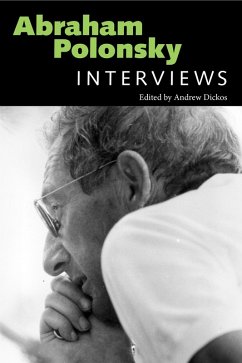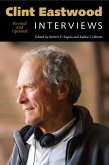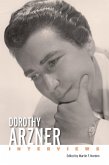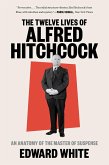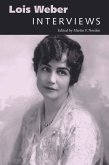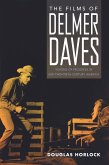Abraham Polonsky (1910-1999), screenwriter and filmmaker of the mid-twentieth-century Left, recognized his writerly mission to reveal the aspirations of his characters in a material society structured to undermine their hopes. In the process, he ennobled their struggle. His auspicious beginning in Hollywood reached a zenith with his Oscar-nominated screenplay for Robert Rossen's boxing noir film, Body and Soul (1947), and his inaugural film as writer and director, Force of Evil (1948), before he was blacklisted during the McCarthy witch hunt.
Polonsky envisioned cinema as a modern artist. His aesthetic appreciation for each technical component of the screen aroused him to create voiceovers of urban cadences-poetic monologues spoken by the city's everyman, embodied by the actor who played his heroes best, John Garfield. His use of David Raksin's score in Force of Evil, against the backdrop of the grandeur of New York City's landscape and the conflict between the brothers Joe and Leo Morse, elevated film noir into classical family tragedy.
Like Garfield, Polonsky faced persecution and an aborted career during the blacklist. But unlike Garfield, Polonsky survived to resume his career in Hollywood during the ferment of the late sixties. Then his vision of a changing society found allegorical expression in Tell Them Willie Boy Is Here, his impressive anti-Western showing the destruction of the Paiute rebel outsider, Willie Boy, and cementing Polonsky as a moral voice in cinema.
Polonsky envisioned cinema as a modern artist. His aesthetic appreciation for each technical component of the screen aroused him to create voiceovers of urban cadences-poetic monologues spoken by the city's everyman, embodied by the actor who played his heroes best, John Garfield. His use of David Raksin's score in Force of Evil, against the backdrop of the grandeur of New York City's landscape and the conflict between the brothers Joe and Leo Morse, elevated film noir into classical family tragedy.
Like Garfield, Polonsky faced persecution and an aborted career during the blacklist. But unlike Garfield, Polonsky survived to resume his career in Hollywood during the ferment of the late sixties. Then his vision of a changing society found allegorical expression in Tell Them Willie Boy Is Here, his impressive anti-Western showing the destruction of the Paiute rebel outsider, Willie Boy, and cementing Polonsky as a moral voice in cinema.
Dieser Download kann aus rechtlichen Gründen nur mit Rechnungsadresse in A, D ausgeliefert werden.

